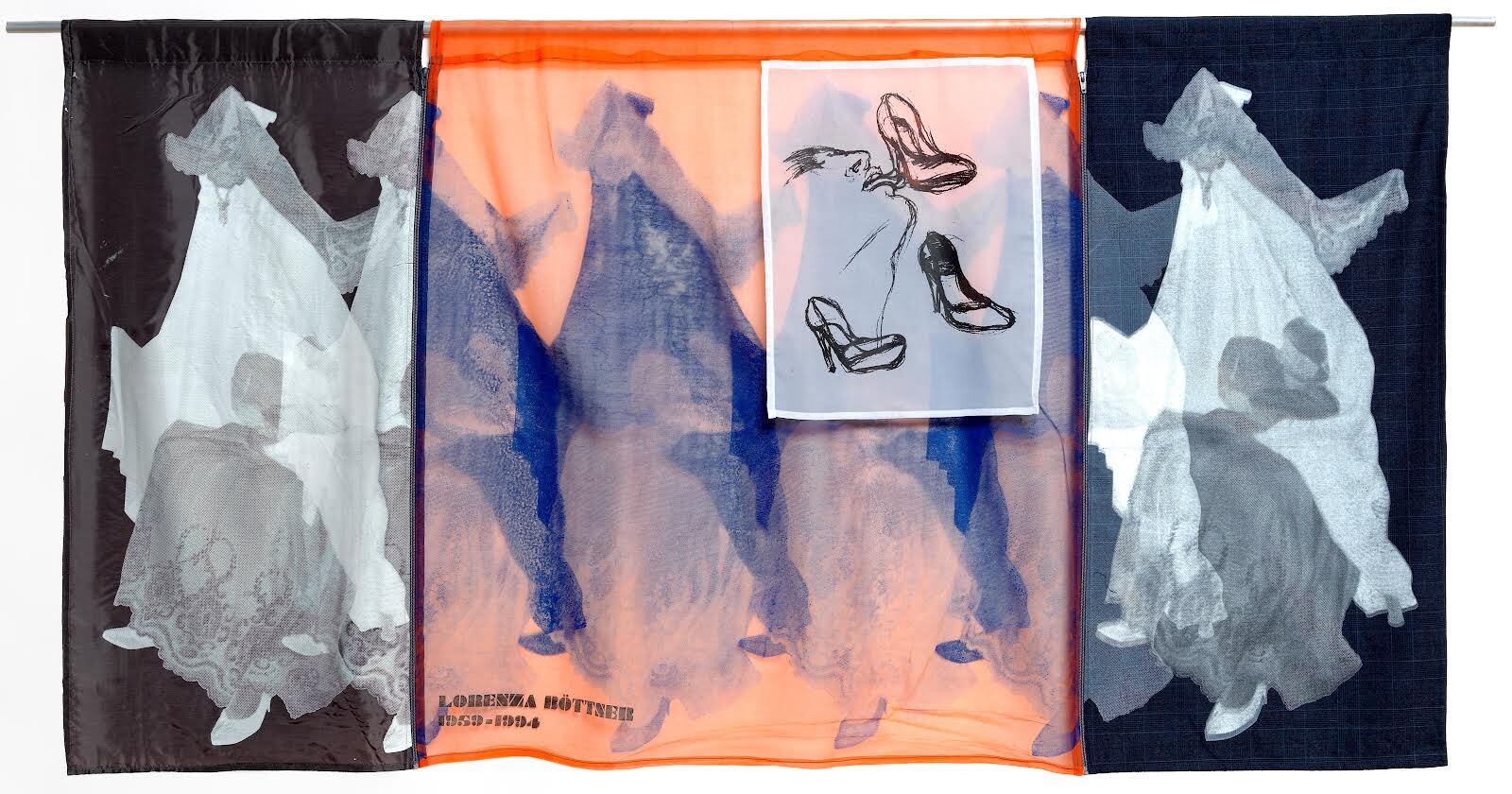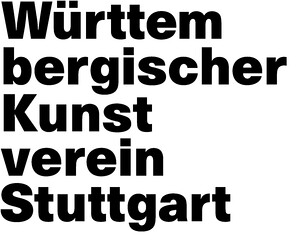October 16, 2021–January 23, 2022
Entrance Stauffenbergstraße
Schlossplatz 2
70173 Stuttgart
Germany
Hours: Tuesday–Sunday 11am–6pm,
Wednesday 11am–8pm
T +49 711 223370
zentrale@wkv-stuttgart.de
Techniques of Becoming is the third and last part of the exhibition series Actually, the Dead Are Not Dead, which was conceived in turn as a continuation of the Bergen Assembly 2019, a triennial for contemporary art in Norway.
Following the insurrection of the bodies (Politics of Life, 2020) and the political dimensions of the festival (Una forma de ser, 2020–2021), the third part revolves around the effects and dynamics of infrastructures. The exhibition explores the institutions, networks, architectures, and logistics both of materialized and immaterial nature, with regard to their entangled relations with the prevailing neoliberal and neocolonial power structures.
The exhibition is accompanied by a rich program. On Saturday, October 30, 2021, for example, Philipp Gufler will present, through films and other documents, various protagonists from his “quilt” series, acknowledging the marginalized remembrance culture around the HIV virus.
About Actually, the Dead Are Not Dead: Techniques of Becoming
In addition to the museum, the school, the clinic, or the prison—those classical institutions of biopower that the philosopher Michel Foucault investigated extensively, thus influencing generations of thinkers and artists—the Techniques of Becoming focuses on infrastructures that enable the global circulation and administration of commodities, currencies, affects, and discourses: social media, computer games, and other systems of so-called smart technology. It probes how these institutions and systems are entangled with structural forms of sexism, racism, pathologization, violence against non-normative and more-than-human bodies, and capitalist extractivism of resources and living beings.
The show further reflects on the historical contexts of classifying, normalizing, and excluding forms of governing, looking into their histories from the emergence of modern nation-states to the establishment of globally and digitally active economies. The invited artists counter these structures and their mechanisms of exclusion, pathologization, and oppression with aesthetic and activist practices of appropriation, empowerment, and transformation.
The philosopher Gilles Deleuze described the act of becoming as a polymorphic and constant process of change and of the affirmation of difference. In this sense, the artists negotiate becoming as site of possibility—and as a technique for exercising autonomy over one’s own body, developing structures of mutual support, and forming counter-publics.
Participating artists inlcude Daniel G. Andújar, Banu Cennetoğlu, Kate Crawford / Vladan Joler, Thirza Cuthand, Anna Dasović, Laressa Dickey, Eva Egermann, Magdalena Freudenschuss, Robert Gabris, Ali Gharavi, Niklas Goldbach, Philipp Gufler, Jan Peter Hammer, Minna Henriksson, Che-Yu Hsu, Nina Støttrup Larsen, Yunyop Lee, Alice Lex-Nerlinger, Suntag Noh, Jo Spence, P. Staff, peter steudtner, Sunaura Taylor, Romily Alice Walden, Emma Wolukau-Wanambwa, Workers’ Families Seeking Justice (WFSJ) and Its Support Group.
Actually, the Dead Are Not Dead: Techniques of Becoming is based on and was produced in collaboration with Bergen Assembly 2019
Curators: Hans D. Christ, Iris Dressler, and Viktor Neumann in collaboration with the other members of the Bergen Assembly 2019 Core Group Murat Deha Boduroğlu, Banu Cennetoğlu, María García Ruiz, Hiwa K, Katia Krupennikova, Paul B. Preciado, Pedro G. Romero, Simon Sheikh, Emma Wolukau-Wanambwa
Supported by Kulturamt der Stadt Stuttgart, Ministerium für Wissenschaft, Forschung und Kunst des Landes Baden-Württemberg, Stiftung Kunstfonds / Neustart Kultur, Innovationsfonds Kunst, Baden-Württemberg, Prolab Fotofachlabor GmbH


